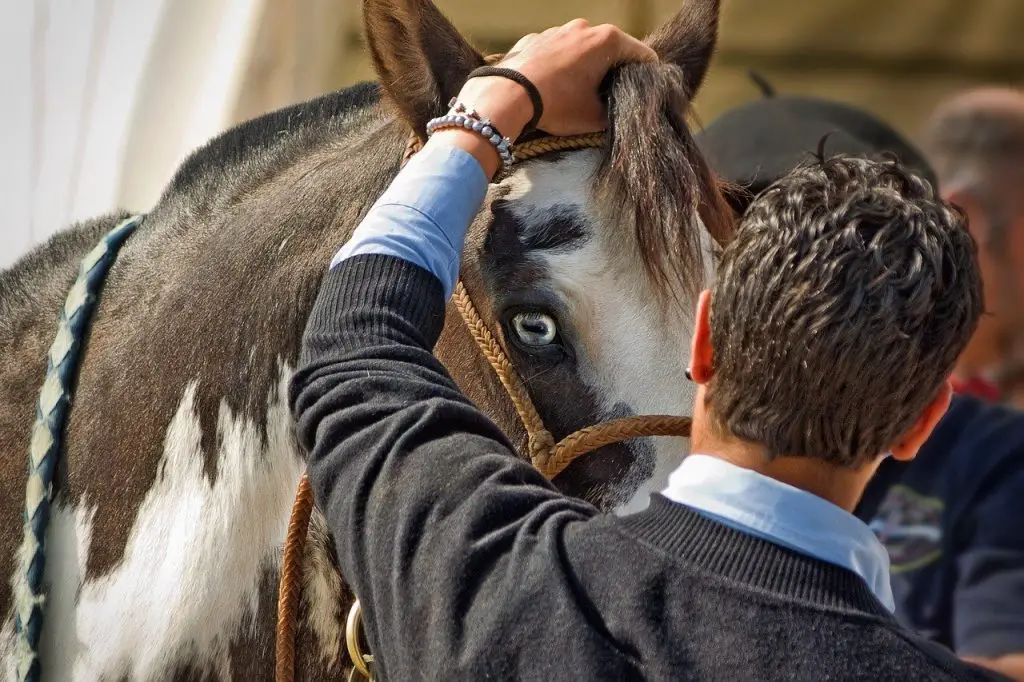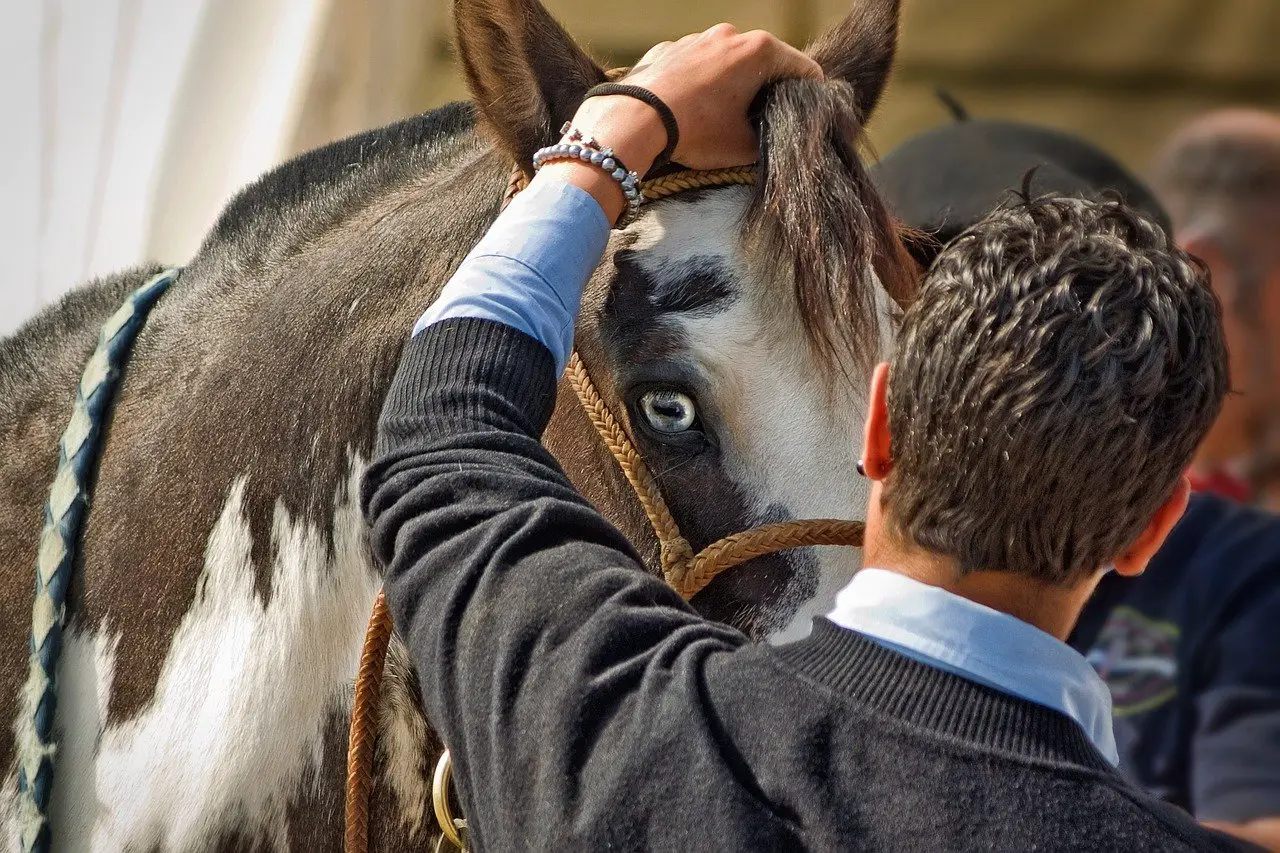Last Updated on April 15, 2022 by Allison Price
Strangles Vaccination & Treatment for Horses in Brisbane and Ipswich
Strangles is a contagious respiratory illness that is caused by Streptococcus Equi.
Horses can be exposed to the bacterium through direct contact with their nasal discharge, pus discharging abscesses, and coughing.
It can also be spread through contaminated objects such as handlers, clothing, and equipment like halters. Although strangles are more common in young horses, they can also be fatal to all horses, especially if horses are kept together.
Strangles can be prevented by routine vaccination.
What are the reasons I have to vaccinate against strangles
Strangles are highly infectious and can quickly spread from horse to horses. Young horses are more likely to be affected by strangles because they have lower immunity. However, all horses can get it, resulting in a distressing fever.

Strangles are most common in horses that are kept together, such as at horse sales or breaking-in facilities. Although horses in these situations are at greater risk, the disease can be fatal if a horse is brought onto your property with an infected condition.
How often should I vaccinate against strangles
An annual booster should be given to your horse in order to provide maximum protection from strangles. For maximum protection, boosters should be administered every six months.
To give your horse the maximum immunity, if they are not vaccinated against strangles you can follow the following schedule:
- First dose: Equivac 2in1 and Equivac S
2 WEEK INTERVAL
- Second dose Equivac 2in1 and Equivac S
2 WEEK INTERVAL
- Third dose: Equivac 2in1 and Equivac S
6 MONTH INTERVAL
- 6-month booster – Equivac 2in1 and Equivac S
Do I still need to vaccinate if my horse doesn’t leave my property?
Yes, strangles can still be contracted by horses without them leaving your property. The spread of infection can occur through bacteria found on horses, handlers, yards and water troughs.


